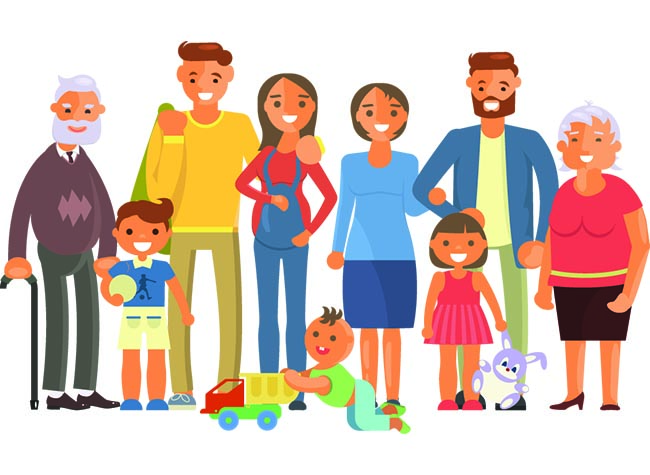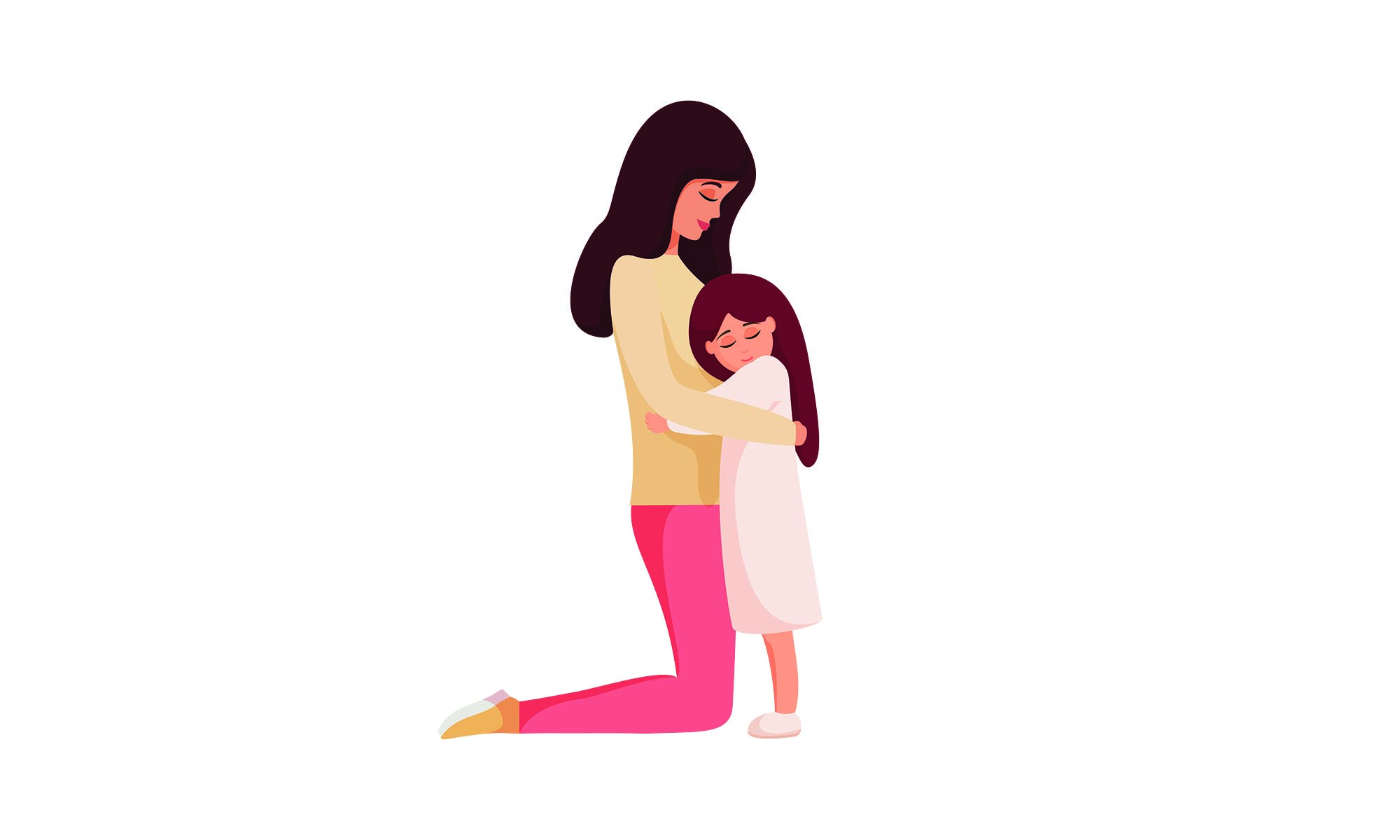Unless you have lived through it, you cannot understand the pain and loss someone experiences when their loved one goes to prison. In addition to losing their presence, you also lose reputation. The feelings of isolation, grief, and disgrace can be crushing. Although both you and your man are doing time together, the experience is completely different inside the fence than on the outside.
Inside the gates, prisoners are all in the same boat.
They are all separated from their families, caught up in the legal system, and trying to find ways to spend their time until their sentences expire. Prisoners have experienced having their families torn apart. They must face the fact that they are no longer present in their loved one’s daily lives. On the outside, the family members are grieving the loss of their loved one – but living in a world that does not understand the pain of their loss. Women are struggling to manage their grief while also trying desperately to hold their families together. They are fighting to keep their focus to pay the bills, raise their children, and advocate for their husbands while they battle against the disdain of society. The war is intense.
These women warriors need reinforcements, but they don’t know where to find help. So, they pull up their false bravado so they can protect themselves from any more pain. The world doesn’t want to hear about their struggles. The community would rather see them as part of the problem than as victims of circumstances. If society views the families as victims, then there is a moral obligation to reach out and help them find safety to heal and recover. So, it is easier to see them as part of the incarceration problem.

"When a loved one goes to prison, friends and extended family members are left wondering what to do."
Many people see the pain but allow their moral indignation to rise up as they permit pride to dictate their actions. People are afraid that if they help a prisoner’s family, others will think they are condoning the crime committed. This faulty reasoning results in families being treated as unworthy of help—making those left behind feel unwanted and disposable. You cannot ignore their pain. Helping families recover and reunite is not an act of condoning crime but rather an act of sympathetic restoration.
We, as a society, can no longer afford to pretend that we are unaffected by the destruction of millions of families by imprisonment. We must do all that we can to help these families overcome and rebuild a better life. As we act to restore families, we prevent poverty, crime and stand in defense of hope! If you know a family impacted by incarceration, I promise you that they need your help.

There are numerous ways you can help families overcome prison and build a new, healthy foundation for their future. Here are just a few:
- As soon as you find out that someone has gone to prison, call the family and check in on them. Ask them how they are doing, what they may need, and let them know you care.
- Pay a bill for them. Families already feel the disgrace of having their loved ones in prison. They are not likely to admit the financial cost, nor their struggle to pay their bills. I have visited many wives whose husbands are in prison, and nearly every one of them struggled to make ends meet. Time after time, I pull up to a lovely home only to discover that they are going without basic necessities to keep from losing their homes. Many have sold off all of their belongings except for clothes, so their homes are empty; their bedrooms only house a mattress and a box for their children’s clothes. Do not let appearances convince you that these families are OK. They are not.
- Invest in opportunities for them. Families impacted by incarceration live under enormous stress. Every. Single. Day. Little things mean a lot in reducing stress and helping them feel accepted. Pay the fees for one of their children to participate in a sport, buy a zoo pass, provide internet access, pass along your old computer (only if it is working!), or provide transportation. There are so many ways to deliver hope and joy. Please find a way to reduce the stress and increase connections to their community or school.
- Invite them to be a part of your circle. Invite families of prisoners to your church, to a community event, a sporting event, etc. The more “normal” life they experience, the more likely they are to overcome incarceration’s stress and grief. They will begin to see the incarceration as part of their family experience instead of seeing prison as the thing that defines their family.
- Listen without judgment. When Ron was in prison, I had two friends I could call anytime. They listened with compassion and provided guidance that helped me keep moving forward. When I felt overwhelmed, I knew I had someone I could talk to that would help me stay focused on my future instead of my problems. No judgment.
- Encourage growth. When your husband goes to prison, you will feel guilty about moving forward with your life. Unless you have someone who keeps reminding you that it is acceptable to keep living after your husband goes to prison, you will stop moving forward. Depression and hopelessness will overtake the family unless they give themselves permission to move forward despite the pain. They will feel disloyal by seeking success or enjoying anything while their loved one is locked up. You can dispel that myth by acknowledging their pain and encouraging them to set goals and work toward creating a better life anyway.
These are just a few things you can do to help lighten the load for families impacted by incarceration. You can make a significant difference in their lives with a small act of kindness. Please do not hold back; offer your help and walk with them on their journey toward a better life.
I am rooting for you!
Cathy

